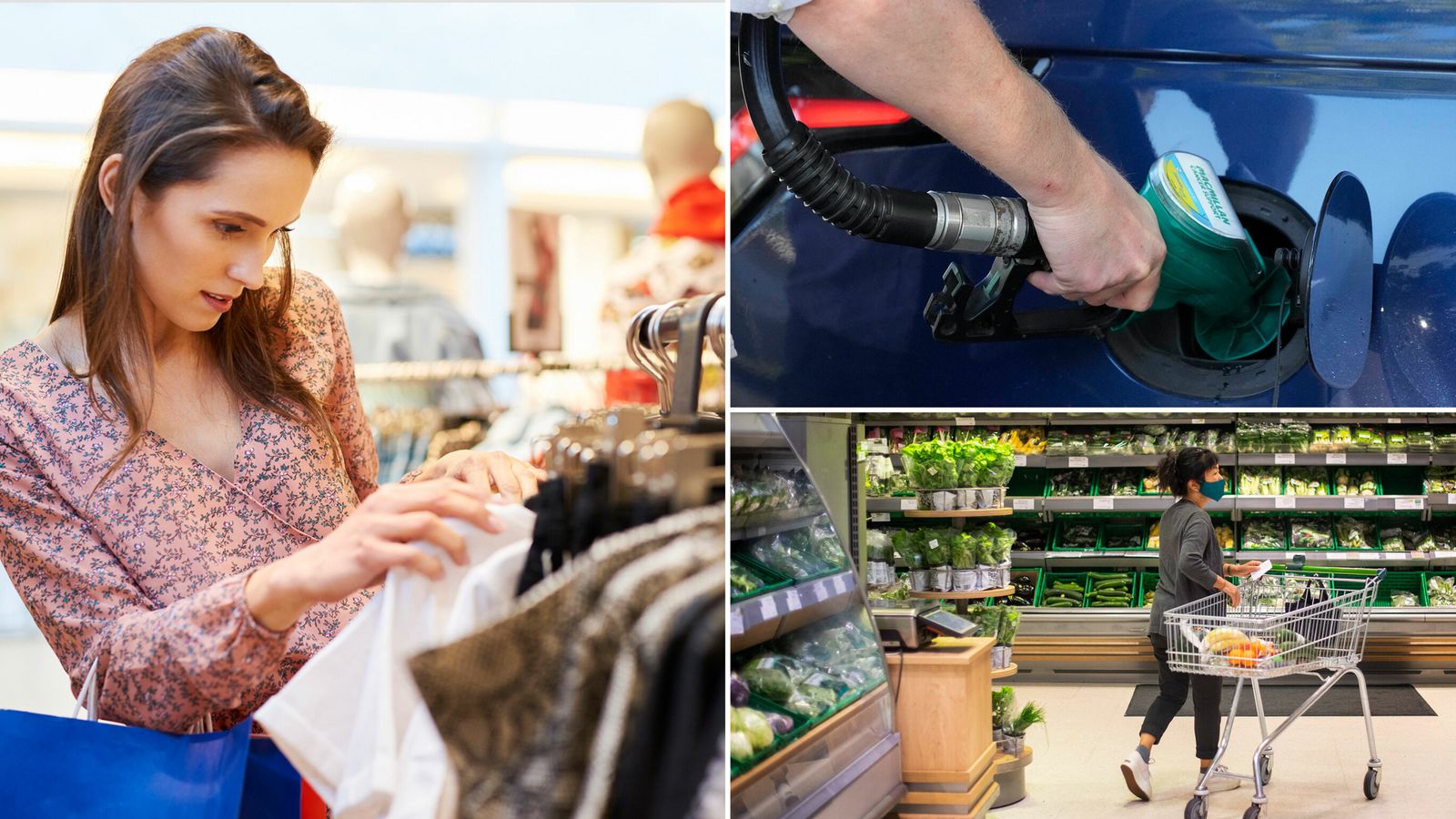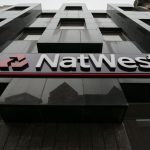The UK economy grew by a better than expected 0.8% in January, according to official figures as the chancellor faces intense pressure to deliver support to businesses and families to maintain the recovery from the coronavirus crisis.
The Office for National Statistics (ONS) reported that the growth was driven by a return to consumer spending following December’s decline of 0.2% – widely blamed on disruption caused by rules to stop the spread of the Omicron COVID variant.
Economists had forecast January growth of just 0.2%.
ONS Director of Economic Statistics Darren Morgan said: “GDP bounced back from the hit it took in December due to the Omicron wave and is now 0.8% above its pre-pandemic peak.
GDP grew 0.8% in January and is now 0.8% above its pre-pandemic peak.
Services grew 0.8% (1.3% above), manufacturing grew 0.8% (1.6% below) and construction grew 1.1% (1.4% above) https://t.co/ldkxuCew1o pic.twitter.com/alaO7y8lEn
“All sectors grew in January with some industries that were hit particularly hard in December now performing well, including wholesaling, retailing, restaurants and takeaways.
“Computer programming and film and television production also had a good start to the year.”
But the focus of the challenge facing Rishi Sunak, ahead of his spring statement ‘mini-budget’ on 23 March, has now changed too from one of pandemic recovery to one of combatting a mounting inflation threat.
Ukraine war: Putin insists Russia will overcome ‘problems and difficulties’ caused by sanctions
Ukraine war: Posts calling for violence against Putin and Russian soldiers ‘to be temporarily allowed’ on Facebook
Chelsea owner Roman Abramovich sanctioned by UK – and Three suspends its sponsorship of the club
It is mostly a consequence of rising energy costs since last summer but one that has moved up several gears because of the Russian invasion of Ukraine.
Price spikes that have sent oil costs to 14-year peaks this week, unprecedented natural gas costs and big increases in other commodities such as wheat, are all making their way through the supply chain to consumer prices.
Please use Chrome browser for a more accessible video player
Households, 22 million of them, were already facing down a 54% leap in the energy price cap on 1 April – with more hikes clearly on the way – and the chancellor has been warned his support to date is inadequate.
The Institute for Fiscal Studies said this week that he is under pressure to borrow billions more to help compensate for the rising bills or risk the biggest squeeze from the rising cost of living in decades.
UK Inflation was already at its highest level for almost 30 years before Vladimir Putin’s forces entered Ukraine.
Please use Chrome browser for a more accessible video player
The chancellor said on Friday: “We have provided unprecedented support throughout the pandemic which has put our economy in a strong position to deal with current cost-of-living challenges.
“We are continuing to help people where we can, including through over £20bn of support this financial year and next.
“We know that Russia’s invasion of Ukraine is creating significant economic uncertainty and we will continue to monitor its impact on the UK, but it is vital that we stand with the people of Ukraine to uphold our shared values of freedom and democracy, and ensure Putin fails.”
Suren Thiru, head of economics at the British Chambers of Commerce, said Mr Sunak had to go further.
“While there was a strong rebound in output in January as the impact of Omicron started to ease, the figures have been pushed into the rear-view mirror by renewed domestic and global shocks, including Russia’s invasion of Ukraine.
“Russia’s invasion of Ukraine has increased the risk of a recession in the UK by exacerbating the already acute inflationary squeeze on consumers and businesses and derailing the supply of critical commodities to many sectors of the economy.
“Raising interest rates and taxes at this time would weaken the UK’s growth prospects further, by undermining confidence and diminishing households’ and firms’ finances.
“We urge the chancellor to use the upcoming spring statement to tackle the cost-of-doing-business crisis by delaying the National Insurance rise and committing to no further policy measures that will increase costs for business for the remainder of this Parliament,” he concluded.
The Bank of England, which had forecast before Russia’s actions that inflation would spike from 5.5% currently to 7.25% in April because of the energy price cap hike, is widely expected to lift interest rates again next week.
Policymakers will likely be encouraged that there is little evidence yet that rising rates, first lifted in December, are choking off demand in the economy.






















